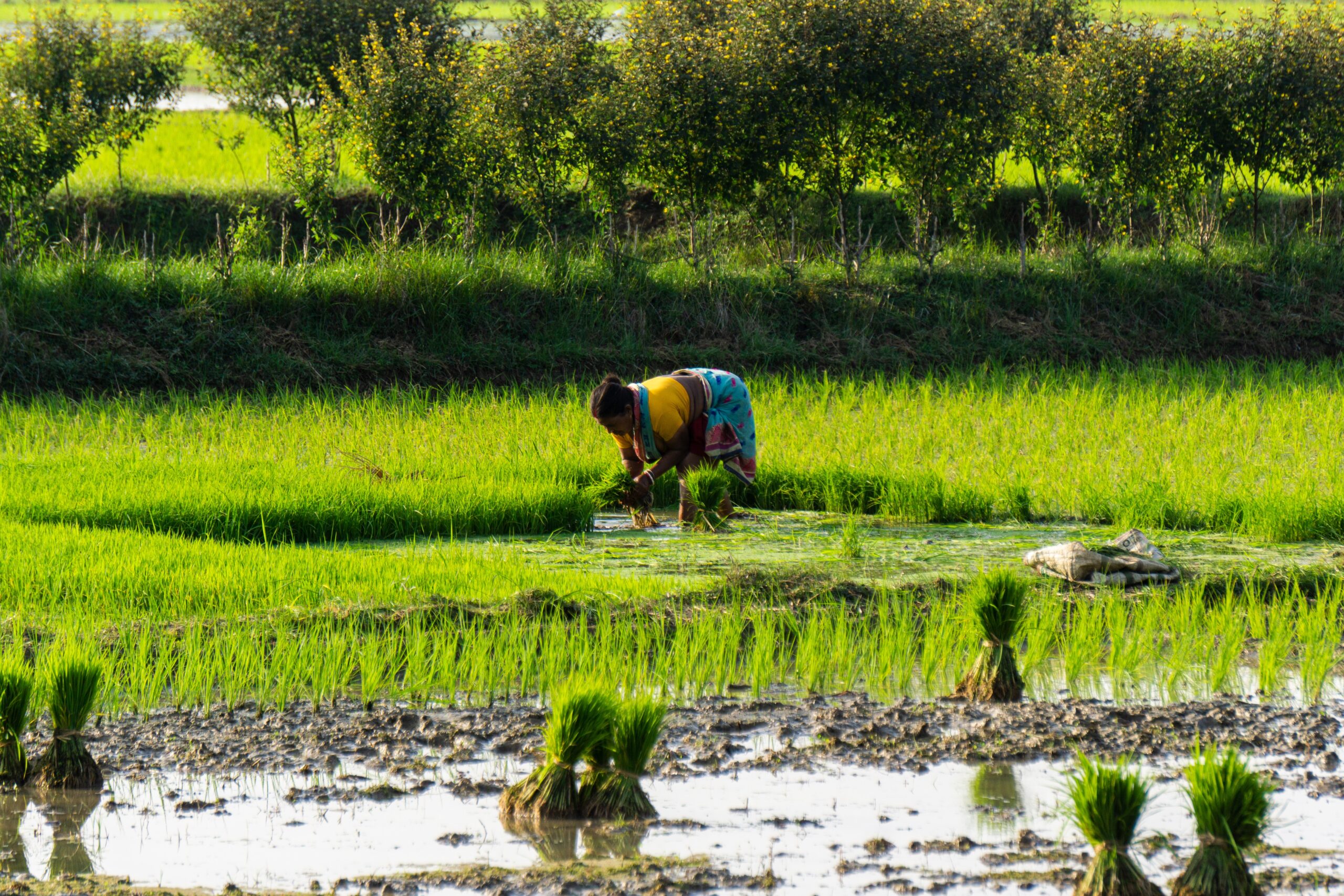Carbon Farming in India
Carbon farming holds considerable promise for India given the country’s vast agricultural landscapes, its commitment to the Paris Agreement, and its intrinsic challenges and opportunities related to climate change, food security, and rural livelihoods. Here’s a perspective on carbon farming in India:
Socio-Economic Benefits
- Livelihoods: A majority of India’s population depends on agriculture for their livelihoods. Integrating carbon farming can enhance soil fertility, leading to increased yields and income.
- Rural Employment: Practices like afforestation, agroforestry, and creating compost can generate additional employment opportunities in rural areas.
Climate Resilience and Food Security
- Soil Health: Carbon-rich soils hold more water and are more resilient to droughts and floods, which are expected to increase in frequency and intensity due to climate change.
- Crop Yields: Healthier soils can lead to increased agricultural productivity, which is essential for food security in a country with a vast population.
Biodiversity
Practices such as agroforestry and crop diversification can enhance the biodiversity of agricultural landscapes, providing habitats for various species and increasing the resilience of ecosystems.
National and International Commitments
- Nationally Determined Contributions (NDCs): India has committed to significant reforestation and afforestation efforts under its NDCs to the Paris Agreement. Carbon farming aligns well with these goals.
- Carbon Credits: As global carbon markets evolve, there might be opportunities for farmers and collectives to earn carbon credits for verified carbon sequestration, providing an additional income stream.
Challenges
- Awareness: The awareness about carbon farming and its benefits is still nascent among the farming community in India. Significant training and outreach efforts are required.
- Initial Costs: Some carbon farming practices might require initial investments, which could be a barrier for small-scale farmers.
- Land Tenure and Rights: In several parts of India, issues related to land ownership and rights can pose challenges to the adoption of long-term sustainable practices.
- Verification and Monitoring: For carbon credits and other incentives, robust systems for verifying and monitoring carbon sequestration would be needed.
Opportunities
- Traditional Knowledge: India has a rich tradition of sustainable farming practices, many of which align with carbon farming principles. There’s an opportunity to integrate traditional knowledge with modern science.
- Government Initiatives: The government has several initiatives like the Green India Mission, Soil Health Card Scheme, and the promotion of organic farming, which can be dovetailed with carbon farming practices.
- Private Sector: As sustainability becomes a core part of corporate responsibility, companies might invest in carbon farming both as a CSR initiative and as a part of their supply chain sustainability efforts.
In conclusion, while carbon farming has considerable potential in India, its successful implementation would require a multi-pronged approach involving policy support, financial mechanisms, capacity building, and collaboration between various stakeholders.




